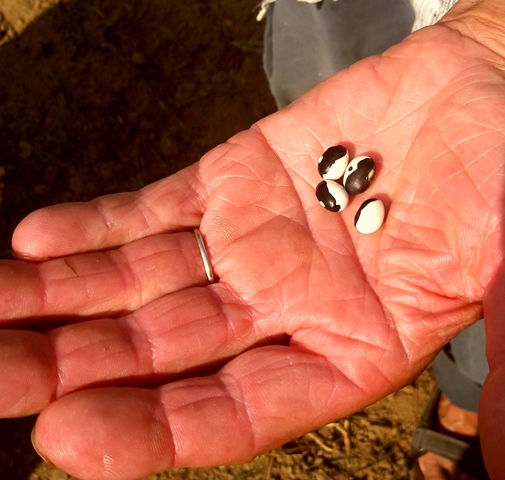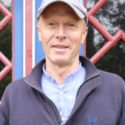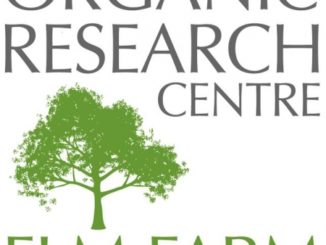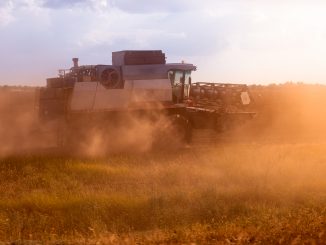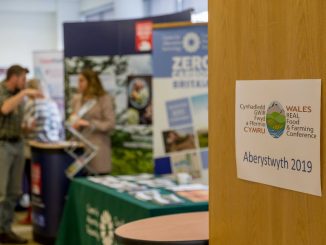By Hannes Lorenzen
The EU’s rules on certified organic seeds are finally due to change from 2021. Why is this happening, and what is the sector doing to prepare? Stefan Doeblin works in the development of organic seeds. Here Hannes Lorenzen interviews him on this fascinating topic.
Stefan Doeblin is founder and chairman of a company called The Network Economy which he established in 1995. He has university degrees in mathematics and business engineering. Today he is engaged in promoting the breeding, development and commercialisation of organic seeds. Becoming a farmer is the best choice of his life, he says.
Doeblin had worked for more than 20 years in the telecom sector, 8 years in the renewable energy sector before understanding the importance of organic and biodynamic agriculture, healthy food and especially the conservation and development of local and organic seeds. In 2013 he supported a permaculture herbs project in Vierzon, France, to localize ingredients for an organic cosmetic manufacture. In 2015, with support of Demeter International, and as a member of the German biodynamic breeding association Kultursaat e.V. he set up sementes vivas, an initiative of organic plant breeding and seed propagation for Southern Europe and the Mediterranean in Idanha a Nova, Portugal. Sementes vives is now also operating in Spain with a perspective of producing and delivering organic seeds in the South European region.
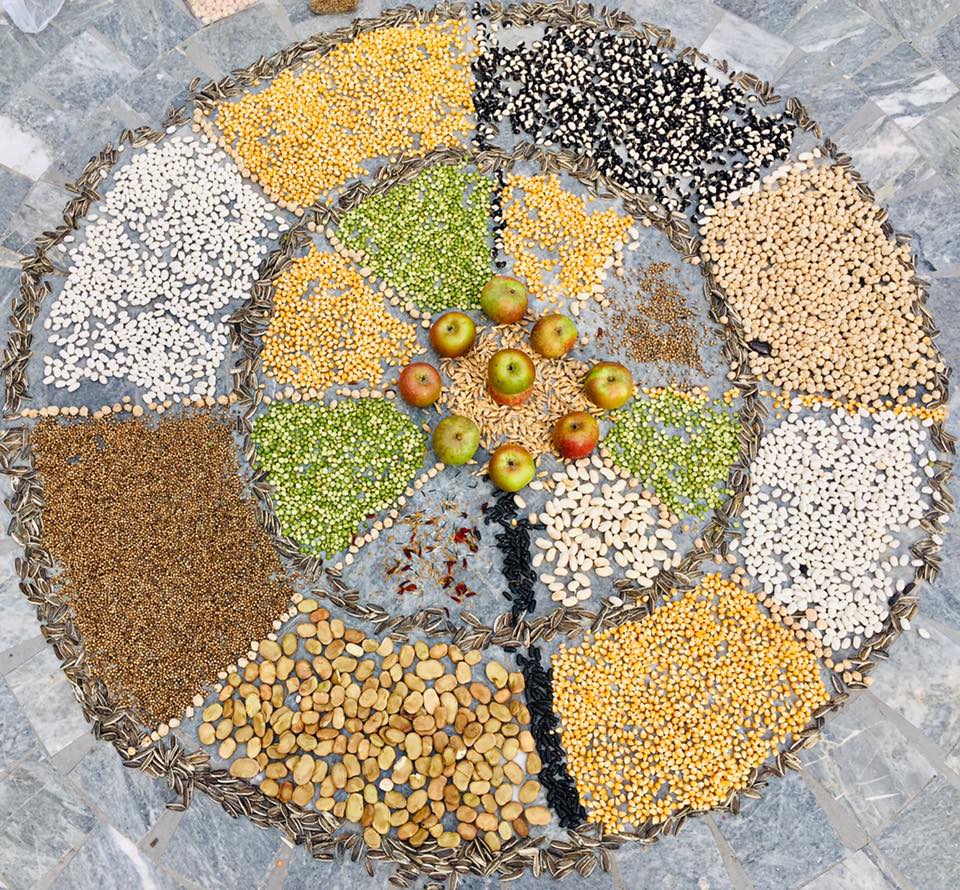
Hannes Lorenzen spoke with him about the future of the organic seed sector in Europe.
Hannes Lorenzen. The organic sector is booming. Conversion rates were never so high in Europe, yet there is still almost no organic seed available for a fast growing bio-market. Have you been a bit late in switching your attention from a network economy towards living seeds?
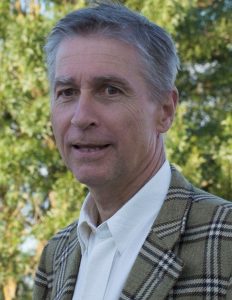
Stefan Doeblin. We were late but not too late. It is only in 2021 that the new organic legislation will open new possibilities for seed savers, breeders and seed companies to legally sell seeds which are fit for organic production. And in 2035, the regulation says, all seeds must be organic in the sense that the genetic material must be selected and bred for that purpose. Today almost all seeds used in organic farming is conventional seeds, reproduced without chemicals. That is not organic in our belief.
HL. Is 15 years enough for breeders and seed companies to come up and serve a fast growing demand for organic genetic material?
SD. I fear not. Breeding takes a long time, it can be more than ten years for just one variety. If you want to be competitive with conventional material, which is on the market and will continue to be allowed as long as there is no organic alternative available, you need breeders and companies who have the people, the knowledge, the capital available to drive ahead. At the moment we have a few of those specialized just in some vegetable and cereals, but we are far from being able to respond to the challenge the new organic regulation is setting.
HL. Organic farmers seem to prefer asking for derogations from authorities so that they can continue using conventional seeds.
SD. Yes they do in their broad majority. But you cannot just blame them. Already organic yields are often lower that conventional. And organic seeds are simply not available or much more expensive, something around 150%. On top of that come the costs for certification. Organic seed companies are very small, or the organic seed productions in bigger seed companies are not at all developed. As long as it is allowed to use conventional seeds in organic farming the market can simply not develop. That is why it was so important to set a deadline for allowing conventional seeds in organic production.
HL. The new regulation also demands organic authorities, breeders and seed savers to gather information about access to seeds in national seed databanks, so that farmers and gardeners can see what is available. Do you believe those voluntary databank schemes will be up and running to monitor the organic seed market development and availability?
SD. I believe that catalogues of the traditional and new material are very important. Sementes vivas has one for professionals and one for hobby gardeners. So have many other small seed companies like ReinSaat, Bingenheim in Germany and others in other countries. But that material is still mainly for very small non-professional consumers. What we need is much better cooperation and consolidation of the organic seed sector. We need huge investments in breeding and development. And we need specialisation in breeding so that organic breeders can concentrate on what they are best at.
HL. How do you envisage a better cooperation? Who should be involved and how?
SD. Well first of all breeders need better financial and scientific support for their work, they had almost nothing compared to what the conventional breeders and companies are working with. Then there should be cooperation with universities and organic researchers. We are planning that here in Portugal with Coimbra University, the national genebank, the agriculture ministry and so on. That should happen in every climatic region of Europe as fast as possible. Then we should agree between breeders and researchers to share tasks, some concentrating on the cereals and leguminous crops, others on fruits, on vegetables and within those sectors those who work for specific climatic and soil conditions. There are many engaged people around, but they do parallel work, not complementary, they need to know about each other and exchange experiences. That is what network economy is all about. If we do not get out act together very soon, it will be again the big seed companies who take the lion’s share.
HL. Is there not a risk anyway that with the organic growth dynamic small breeders will disappear and the conventional companies have have the means, facilities and the capital to take that new market over?
SD. Of course that risk is imminent. That is why I am pushing so much for action and cooperation between those who are the pioneers and the serious players to work together. They cannot make that necessary leap alone, not without serious support from public and private means, and of course from farmers and gardeners making use of the seeds which are apt and can adapt to organic, climate and soil conditions. Do not get me wrong: the local approach is essential for organic seed development, breeding should be done with farmers and as decentralized as possible. But the development of organic seed companies and seed marketing must be economically viable in the sense that the seeds of the future does not get into the hands of companies of the past.
More on seeds and organics on ARC2020
How “open source” seed producers are changing global food production
Gene Banks. Solutions to crisis or museums for seed diversity?


